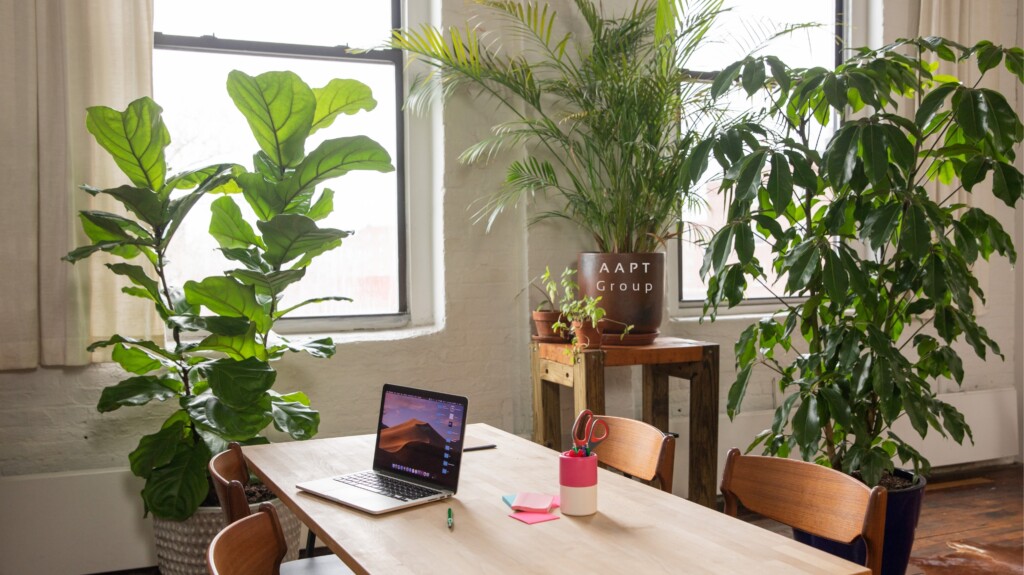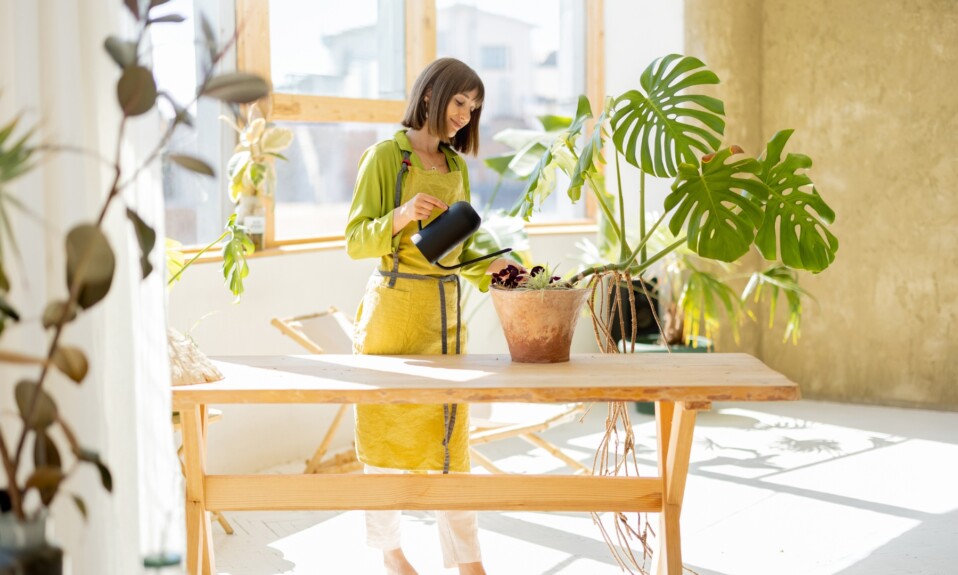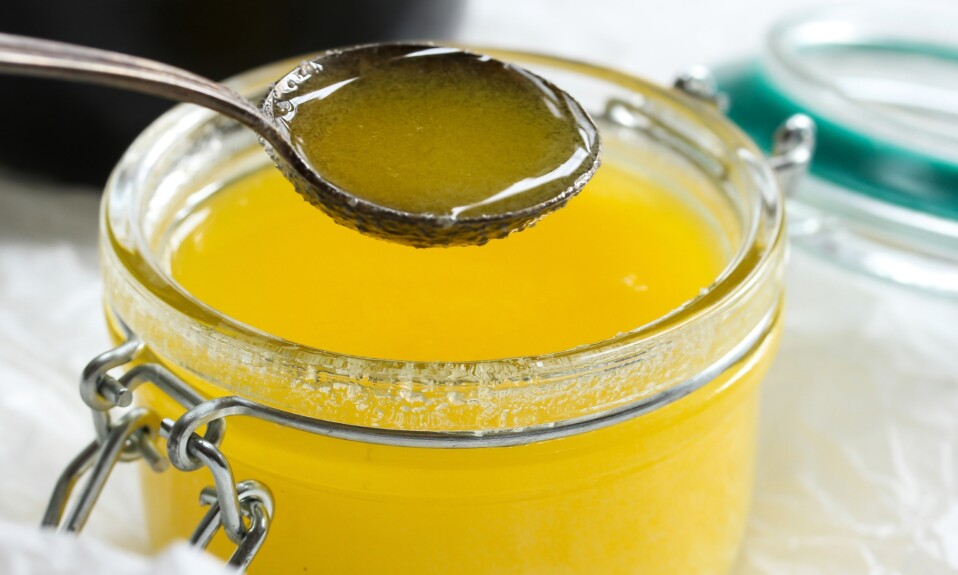We all know that there are certain plants having effective medicinal values and benefits and in addition to that plant-based diet have another level of benefits that need no introduction.
However, there are few plants that have specific health benefits and are essentially grown indoors. Houseplants or indoor plants have been an outshining trend over last decades. People are avidly growing houseplants along with prepping up their planter gallery, or porch, or even terrace balcony adding a viridescent essence to their house. People who love nature or are eco-nuts prefer indoor plants at home and the health benefits are the bonus. The indoor gardening or indoor planters are gaining a surge in popularity not only because they boost the interiors of your home but also it helps in achieving peace of mind and not to forget hundreds and thousands of social media likes and shares.
Here are some surprising health benefits of having indoor plants at home:
1. Therapeutic effects of plants
People suffering from mental illness such as depression, anxiety, confusion, loneliness can be benefitted from indoor plants or indoor gardening. Researches have found that horticulture therapy have potential to maximize feelings of happiness in people dealing with dementia, depression and anxiety. In many countries, experts are now advising for potted plants to be kept at home for the depression and anxiety suffering patients.
2. Remarkable stress-cutters
Indoor plants such as snake plant and heart leaf philodendron help in relaxing mood and create calming effect on mind. These plants help in reducing increased level of cortisol which is a stress hormone. Indoor plants gardening significantly lower the stress response in people by stabilizing increased heart rate and blood pressure.
3. Improve indoor air quality
Speaking about health benefits of indoor plants, the best ever benefit we can get from houseplants is improved air quality at home. These houseplants such as asparagus fern, English ivy, dragon tree, Boston fern, rubber tree, Ficus tree and peace lily have significant potential to absorb and breakdown compounds like VOCs, formaldehyde, benzene, carbon monoxide. These plants don’t require direct sunlight but can easily benefit you with clean air around you.
4. Improve attention and productivity
Indoor plants such as golden pothos, bamboo palm, rosemary, bromeliads, help in boosting concentration and attention on tasks, strengthening memory to increase your efficiency and productivity. These potted plants in classrooms, help students in better spelling, solving mathematic problems and answering science quiz remarkably with flying colors, according to ICMH.
5. Reduces fatigue and improves mood
Houseplants have real effect on people’s mental health. These indoor plants significantly reduce fatigue by improving mood and uplifting spirit. Houseplants such as lipstick plant, peace lily, English ivy, snake plant, peacock plant, lavender are all known as mood boosting plants that actually increase oxygenation in your body to enhance energy and mental focus to help you work better and efficiently.
6. Help in quick healing and pain tolerance
According to research in 2002, the studies revealed that people healing post-surgery needed more hospital stays and pain medications than people who had greenery views full of plants and tress during their recovering and healing period post-surgery. Indoor plant such as lavender, peace lily, snake plant, common purslane, English ivy and areca palm are known for fast healing effects on health and also help in tolerating pain and uneasiness.
7. Improves mental health and well-being
One of the significant health benefits of having indoor plants at home is improving mental health and overall well-being. Indoor plants improve air quality, humid in the air, absorb allergic pores and dust particles and release more oxygen for improved respiratory health. Other than well-being, indoor plants have remarkable positive effects on mental health by reducing stress, inducing better quality sleep, alleviating anxiety and headaches and improving concentration. Indoor plants such as snake plant, English ivy, spider plant, peace lily, lavender, peacock plant are some best houseplants that are known for enhancing mental health and well-being.
Recommended: 10 Best Indoor Plants for Your Health, According to Research
8. Fill air with more oxygen
Plants absorb carbon dioxide by releasing oxygen which is the normal process to turn sunlight into food and the process is called as photosynthesis. Some houseplants like gerbera daisies, areca palm, golden pothos, bamboo plant, spider plant keep releasing oxygen even after the sunset. Hence, to maximize the benefits of these plants, you can place the plants in your ‘breathing zone,’ which is where you sit or sleep and spend most of the time within 6 to 8 square feet.
9. Absorb allergy causing spores and dust
Houseplant or indoor gardening has another crucial benefit which is absorbing and breaking down harmful pollen dusts, dust particles, molds and air borne harmful fungi, bacteria and spores. Indoor plants act as natural filters for catching allergens and airborne particles. Houseplants such as Chinese evergreen, peace lily, Violets can do the job of trappers.
10. Improves perception and positivity
Humans have a different and strong connection with nature and getting least exposed to nature, in your immediate surroundings can help you remain calm, composed, stress-free, relaxed, focused and content. According to studies, outdoor activities like such as trekking, forest bathing, camping and nature walks has shown remarkable improvement in beating the levels of stress and anxiety, and indoor plants and gardening can do exactly the same. Having plants as a part of nature and greenery around you can offer psychological benefits by remarkably depleting stress and anxiety which makes you look towards world and things with improved positivity. Improved mood with positivity changes your emotions, response to situations and perceptions as well.
11. Makes you space attractive and cozy
Indoor plants do add color, energy and liveliness to your space, changing the physical aspects of the environment in most pleasing manner. Indoor plants can cover unattractive areas of your home by adding a nature’s essence to your home. Indoor plants can be one if the attractive points and factors of your interior making your place feel cozy and attractive which is one of the economic health benefits of having indoor plants at home.

Frequently Asked Questions
What are the therapeutic effects of indoor plants?
Indoor plants have been found to have therapeutic effects, benefiting people dealing with mental illnesses such as depression, anxiety, and dementia. They can maximize feelings of happiness and contribute to overall well-being.
Do indoor plants help reduce stress?
Yes, certain indoor plants like snake plants and heart leaf philodendrons have a calming effect on the mind and can help lower stress levels. They can stabilize heart rate and blood pressure, promoting relaxation.
How do indoor plants improve indoor air quality?
Indoor plants such as asparagus fern, English ivy, and peace lily have the ability to absorb and breakdown compounds like VOCs, formaldehyde, benzene, and carbon monoxide, thus improving the air quality indoors.
Can indoor plants improve attention and productivity?
Yes, indoor plants like golden pothos and bamboo palm can help boost concentration and attention, which can enhance productivity and efficiency. They have been found to have positive effects on memory and cognitive function.
Do indoor plants have any impact on mental health?
Indoor plants can have a positive impact on mental health by reducing stress, improving sleep quality, alleviating anxiety and headaches, and enhancing concentration. They contribute to a sense of well-being and can uplift mood.
Can indoor plants help with healing and pain tolerance?
Research suggests that having greenery views or being surrounded by indoor plants during the healing period post-surgery can contribute to quicker healing and aid in pain tolerance. Plants like lavender and peace lily are known for their healing effects.
How do indoor plants improve respiratory health?
Indoor plants improve air quality, humidify the air, and absorb allergens and dust particles, which can benefit respiratory health. They release more oxygen and create a healthier indoor environment.
Do indoor plants help in creating a positive and attractive space?
Yes, indoor plants add color, energy, and liveliness to the environment, making spaces more attractive and cozy. They can cover unattractive areas and contribute to the overall aesthetics of a room or home.
You may like this











